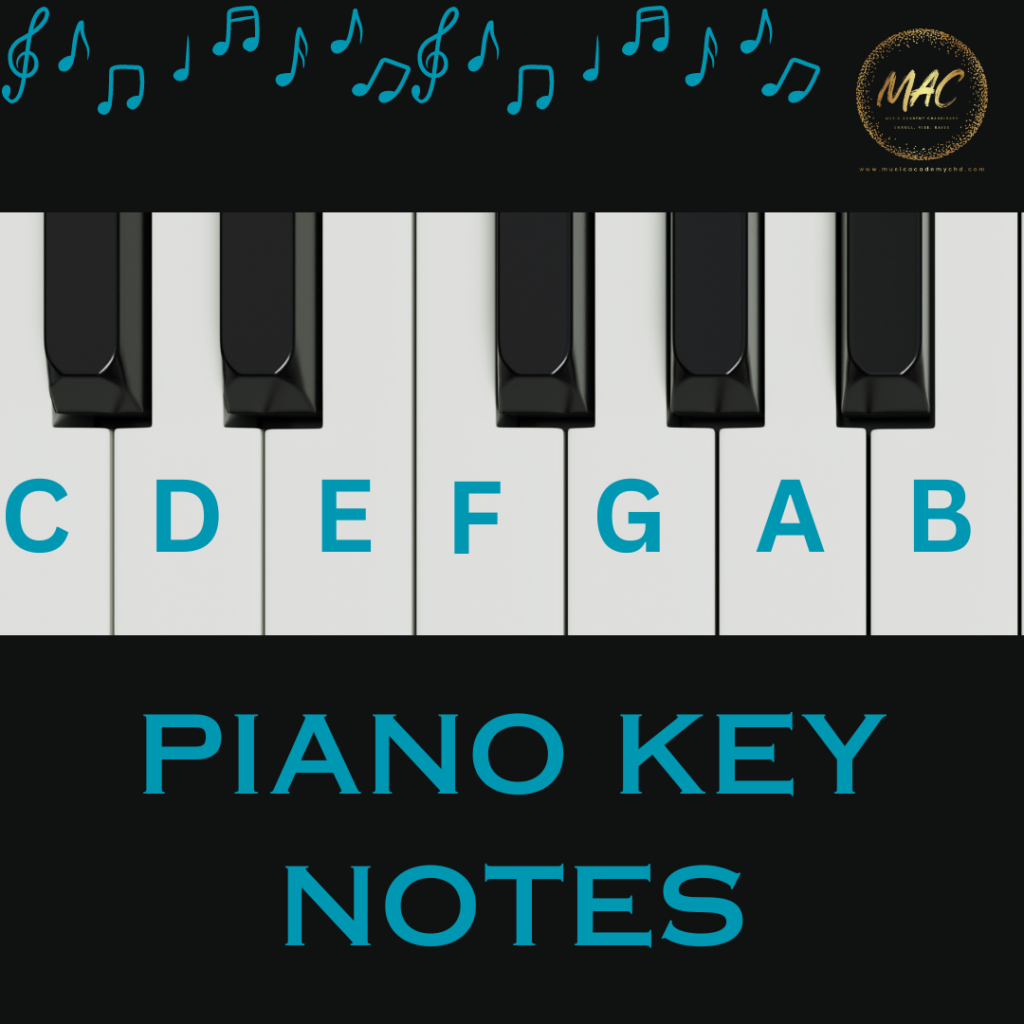It is important to add that learning piano is not only acquiring the ability and skills of playing musical instruments but also personal development filled with creativity, discipline, and improved Cognitive skills. Thus, it has never been easier for anyone who resides in Chandigarh to pick up the piano. Enrolling in the best piano classes in Chandigarh will help your dream of becoming a musician come to life. Now let us see how piano lessons can change that all-around remarkable difference in your life.
Understanding Why Learning Piano is an Art of Discipline
The piano learning techniques are notes, rhythms, and melodies, which must be practiced continually. Such efforts help develop a discipline that might be helpful in other aspires of life like studies or work. In learning institutions such as the Music Academy in CHD, learners are expected to keep track of time in study schedules to be offered to nurture steady progress.
Piano lessons and the effects i
t has on the brain
Playing the piano has been found to stimulate many parts of the brain as well as enhancing brain functions. When you join the best piano classes in Chandigarh, you will experience:
- Improved brain memory as you memorize notes of music and patterns.
- Co-ordination between both hands to perform the task where one hand has to work in coordination with the other hand.
- The worsening of concentration during difficult parts of compositions.
- Enhanced problem solving as you encounter new problem solving activities in learning.
Promoting Emotionality Through Music
The piano is a great instrument for conveying emotions. Whenever you play it doesn’t matter whether it is classical music or a modern beat; one is able to direct your energies into creating something meaningful. The Music Academy CHD ensures the students get a platform to express their emotions through songs and in the process, the academy assists the students to grow emotionally with the music.
Potential Social and Networking Benefits in Piano Lessons
Isn’t joining a piano class more than just learning music? It’s about making friends. In the best piano classes in Chandigarh, you can:
- Provide group performances and organize group compositions.
- Join in community functions and music concerts.
- Engage with well-trained tutors who help in your development.
- Create friendships that are based on the common love for music.
Piano classes: A Way of Unlocking Creativeness
If you decide to take piano lessons, you are also cultivating your creative impulses. Playing a musical instrument, comprehending the principles of music, composing your music, and playing melodies allow you to explore new horizons. Music Academy CHD lessons focus on students ‘technical and creative progress; therefore, the institution offers both aspects.
Long Term Advantages of Playing Piano
The skills you will likely learn in piano classes are not limited to the piano only. Piano lessons in Chandigarh enable you to develop qualities like; patience, focus and perseverance from the best piano classes in Chandigarh. These traits are over time very useful in ones life as they enable one to perform well in different aspects of ones life.
For a complete novice or for an intermediate player, there is so much to learn about the instrument. Discover the world of music with help of professional tutors and like-minded people.






